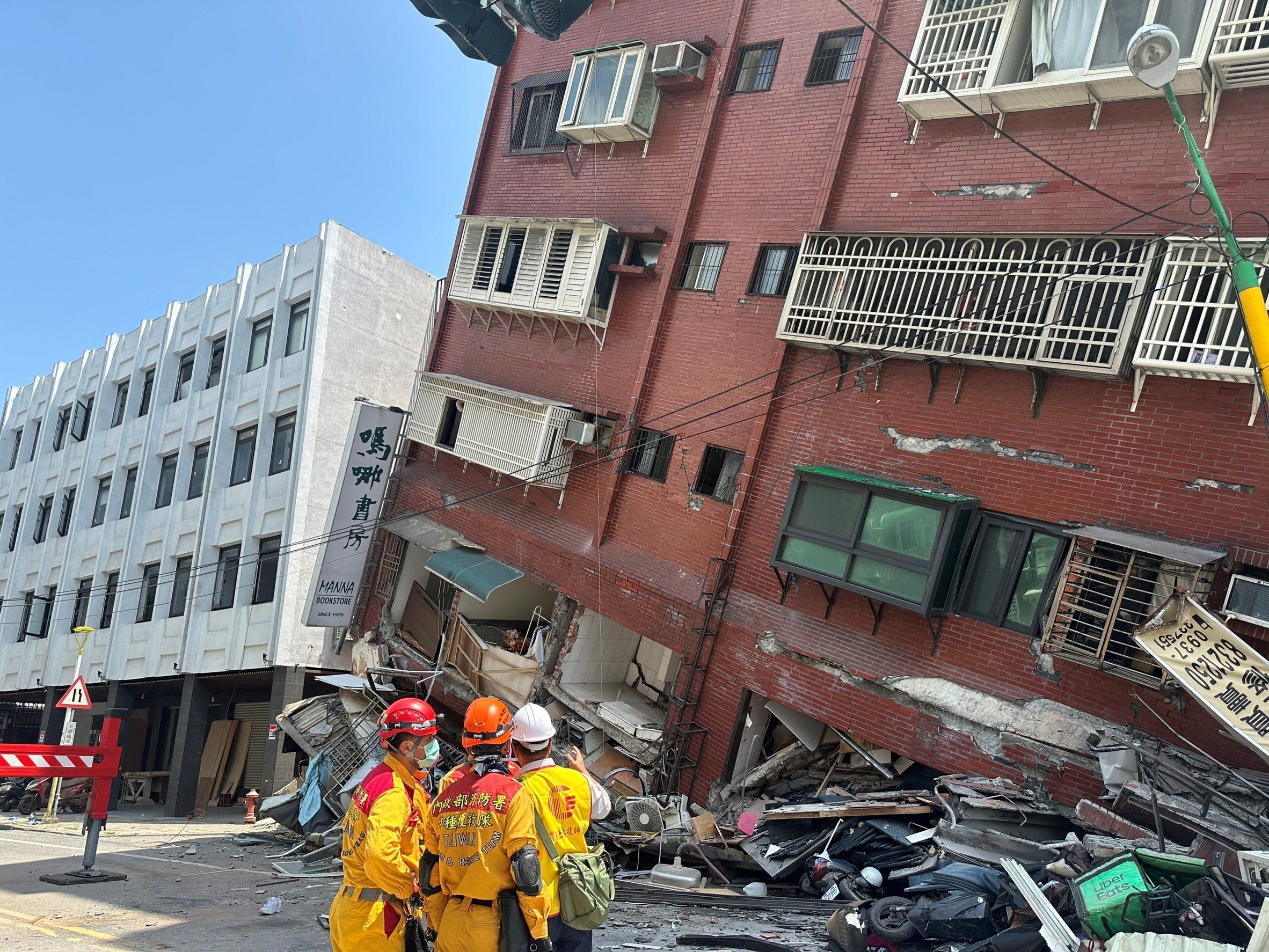Hard Numbers: Taiwan earthquake, Ukrainian drone strikes, Sisi’s third term, Exodus from Haiti’s capital, Africa’s youngest elected leader
7.4: A 7.4-magnitude earthquake, followed by several mighty aftershocks, struck Taiwan on Wednesday. The quake killed nine people, injured at least 821, damaged buildings and infrastructure, and triggered mudslides. It was the largest to hit the country in 25 years and was also felt in parts of China.
800: Ukraine on Tuesday carried out drone attacks over 800 miles into Russian territory in the Tatarstan region, striking Russia’s third-largest oil refinery and a drone factory. With the war against its next-door neighbor in its third year, Ukraine has ramped up drone strikes inside Russia.
89.6: President Abdel-Fattah el-Sisi of Egypt on Tuesday was sworn in for a third six-year term after being reelected in December against several unknown candidates who never really stood a chance. Sisi, who has frequently been criticized by rights groups over his authoritarian tendencies, garnered 89.6% of the vote in an election victory he described as a rebuke of the “inhumane war” in Gaza.
53,000: The situation in Haiti is dire. Gang violence has led over 53,000 people to flee the country’s capital, Port-au-Prince, in less than three weeks. The UN warned that most are heading to rural areas that don’t have the infrastructure or resources to deal with a large influx of people.
19: From prison to the presidency… Bassirou Diomaye Faye was sworn in as Senegal’s new president on Tuesday, just 19 days after his release from prison. The 44 year old, who was arrested for alleged defamation last year, is Africa’s youngest democratically elected leader. Faye won the election in a landslide and is promising “systemic change.”
